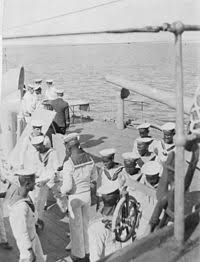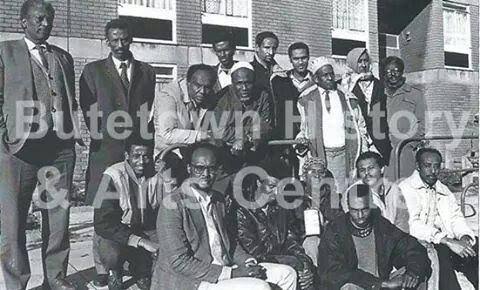The Somalis have been fighting Europeans since the Roman days. The Romans called the land "The Far-Side" and describe the inhabitants as unruly.
Again, in the 14-15th century, Somalis clashed with the Portuguese and successfully kept them at bay.
Again, in the 14-15th century, Somalis clashed with the Portuguese and successfully kept them at bay.
For centuries, Somalis defended their land from Persians, Arabs, Europeans and it was natural not to trust the Americans as well.
The Black Hawk Down incident, which left 18 Americans dead forced Pentagon to withdraw forces and ultimately change US foreign policy.
World War II notes from the France-front. The Italians didn& #39;t mess with Somalis neither the British, in fact, the British befriend them giving them access to trade across the empire.
"You cannot beat them. They have no inferiority complexes, no wide-eyed worship of the white man& #39;s ways, and no fear of him, of his guns or of his official anger. They are a race to be admired, if not hard to love." Gerald Hanley, British officer, author.
"I never saw a  https://abs.twimg.com/emoji/v2/... draggable="false" alt="🇸🇴" title="Flag of Somalia" aria-label="Emoji: Flag of Somalia"> who showed any fear of death, which, impressive though it sounds, carries within it the chill of pitilessness & ferocity as well. If you have no fear of death you have none for anybody else& #39;s either, but that fearlessness has always been essential to the Somalis
https://abs.twimg.com/emoji/v2/... draggable="false" alt="🇸🇴" title="Flag of Somalia" aria-label="Emoji: Flag of Somalia"> who showed any fear of death, which, impressive though it sounds, carries within it the chill of pitilessness & ferocity as well. If you have no fear of death you have none for anybody else& #39;s either, but that fearlessness has always been essential to the Somalis
In 1910s, a war broke out between the Somalis led by the Dervishes and the British after the British tried to collect taxes. This was breach of the various treaties between the two. Somalia was the first state where Europeans had to use bomber aircrafts.
In the 9th and 10th century, they were fighting Arabs who used to raid the Somali coast and kept the Persians at bay (Chinese account by an author named Duan Chengshi)
By the time, Somalis became Muslims, relations improved with most Arab states and when the Ottoman Empire arrived, Somalis got along with them. The Ottomans as well carried out important projects and never tried to ask anything in return neither taxes. Zeila and Berbera...
Somalis traded heavily with India, Yemen and Oman. When the Portuguese blockaded east Africa only the Somali coast was free so Indian ships docked here freely. The Somali wealth and architecture flourished incl Ottoman buildings, water infrastructures.
The Somalis turned to the Ottomans for arms against the Portuguese. Ottomans not only sent arms but horses, soldiers and other assistance. It was a win-win for both. Ottoman ships sailed near the Somali coast. So today, the relationship is seen revival of that glorious past.
The Europeans dubbed those who stood up to them "barbaric", those who called them out "uncivilized". It doesn& #39;t blur Somali judgement. They take great pride in defending themselves, their ideals and not being any less. In fact, Somalis didn& #39;t bury their dead until avenged.
The British signed the treaties onboard ships. They won& #39;t allowed to touch Somali soil. Somalis knew they could beat the British using their own British laws against them. They didn& #39;t require much armies. They signed 5-6 treaties incl no building, no birth, ownership or titlement
As for the Italians, Somalis called them "untouchables of Europe". They knew they build good infrastructures. Somalis co-owned. No taxes. They had to build canals, dams, plantations and Somalis took their share. No segregation btwn Somalis and Europeans otherwise it wld be war.
The most famous Somali saying went: "Gaalka dil gartiisa sii" [Kill the infidel (whiteman), give him dues].
1910, northern Somalia.
Richard Corfield (killed) with armed Somalis. Often Somalis went to the British to acquire arms that they would use against them by joining recruits. Once they got their gun, they never returned. Others simply told them that the "Dervishes" raided them.
Richard Corfield (killed) with armed Somalis. Often Somalis went to the British to acquire arms that they would use against them by joining recruits. Once they got their gun, they never returned. Others simply told them that the "Dervishes" raided them.

 Read on Twitter
Read on Twitter
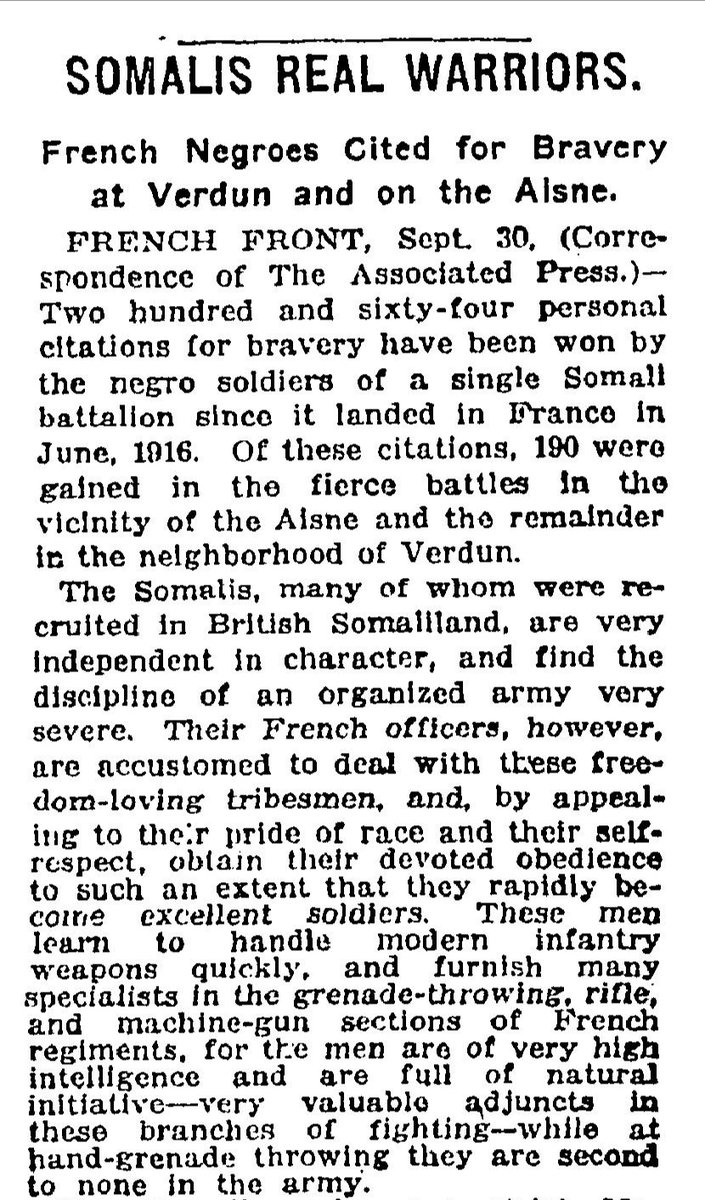


 who showed any fear of death, which, impressive though it sounds, carries within it the chill of pitilessness & ferocity as well. If you have no fear of death you have none for anybody else& #39;s either, but that fearlessness has always been essential to the Somalis" title=""I never saw a https://abs.twimg.com/emoji/v2/... draggable="false" alt="🇸🇴" title="Flag of Somalia" aria-label="Emoji: Flag of Somalia"> who showed any fear of death, which, impressive though it sounds, carries within it the chill of pitilessness & ferocity as well. If you have no fear of death you have none for anybody else& #39;s either, but that fearlessness has always been essential to the Somalis" class="img-responsive" style="max-width:100%;"/>
who showed any fear of death, which, impressive though it sounds, carries within it the chill of pitilessness & ferocity as well. If you have no fear of death you have none for anybody else& #39;s either, but that fearlessness has always been essential to the Somalis" title=""I never saw a https://abs.twimg.com/emoji/v2/... draggable="false" alt="🇸🇴" title="Flag of Somalia" aria-label="Emoji: Flag of Somalia"> who showed any fear of death, which, impressive though it sounds, carries within it the chill of pitilessness & ferocity as well. If you have no fear of death you have none for anybody else& #39;s either, but that fearlessness has always been essential to the Somalis" class="img-responsive" style="max-width:100%;"/>
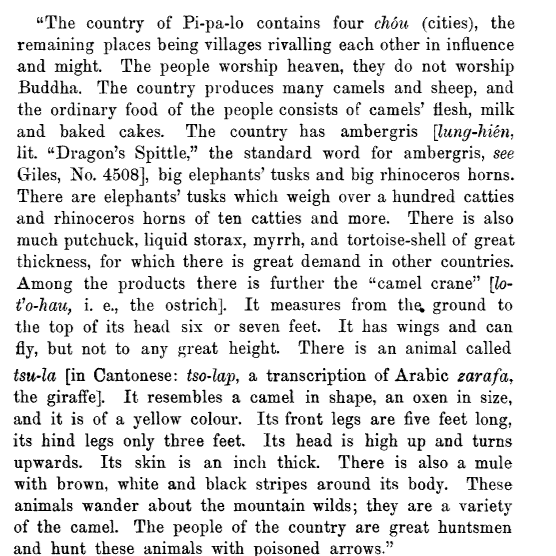
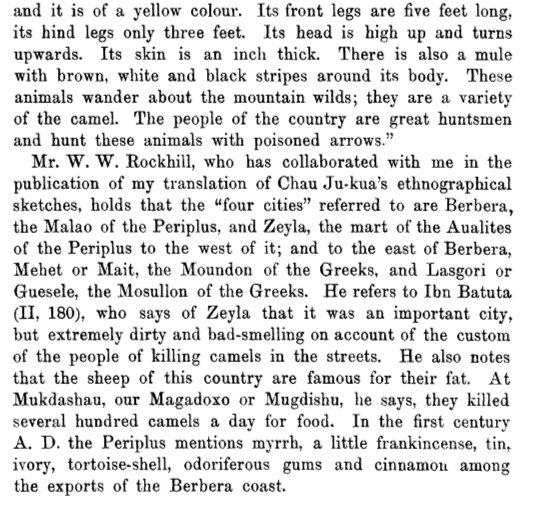

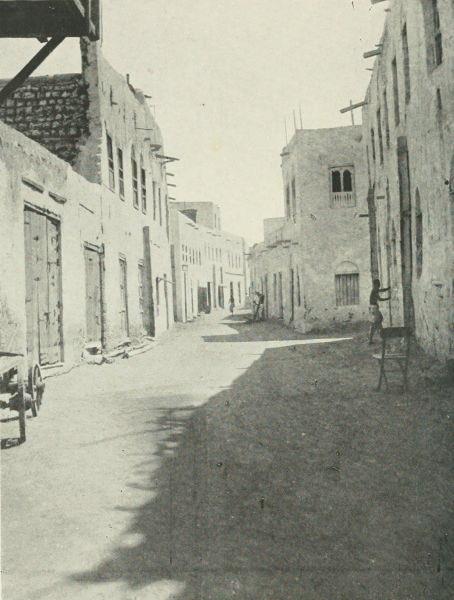
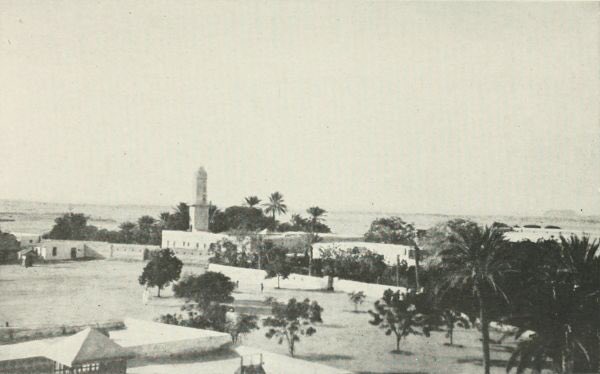
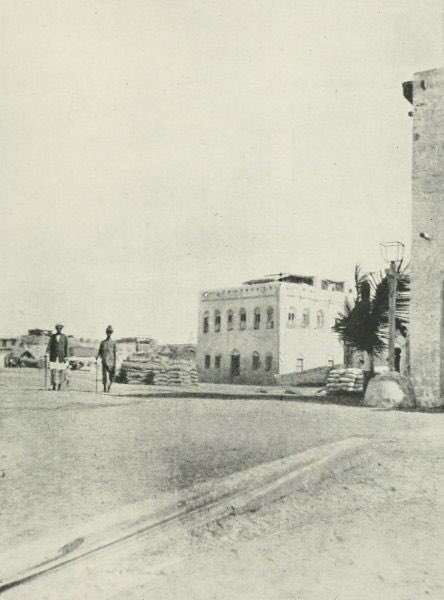
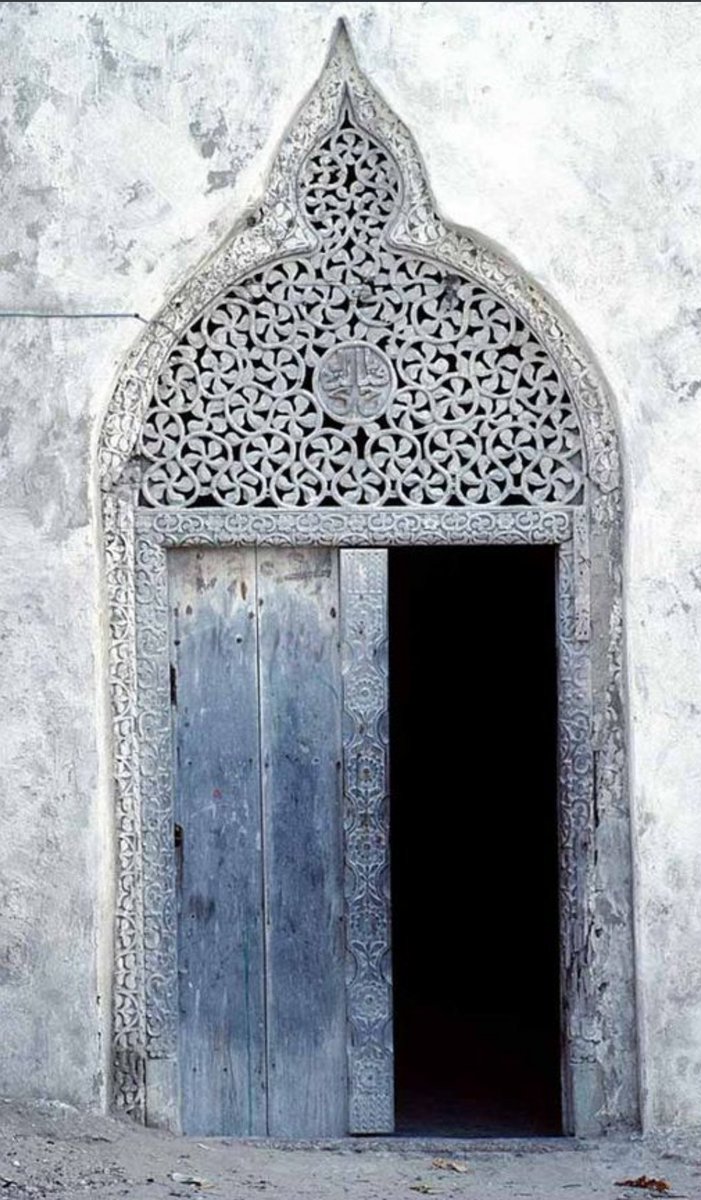
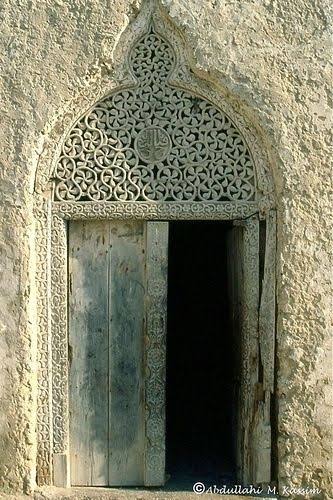
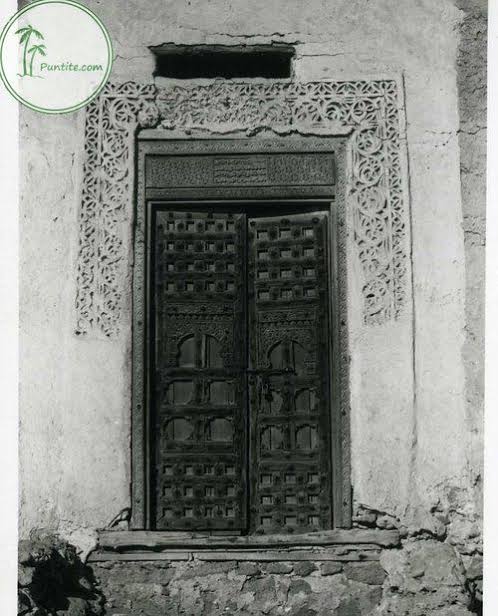
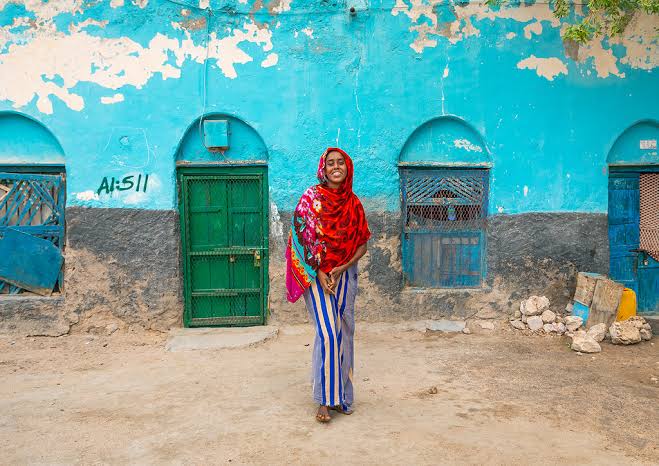
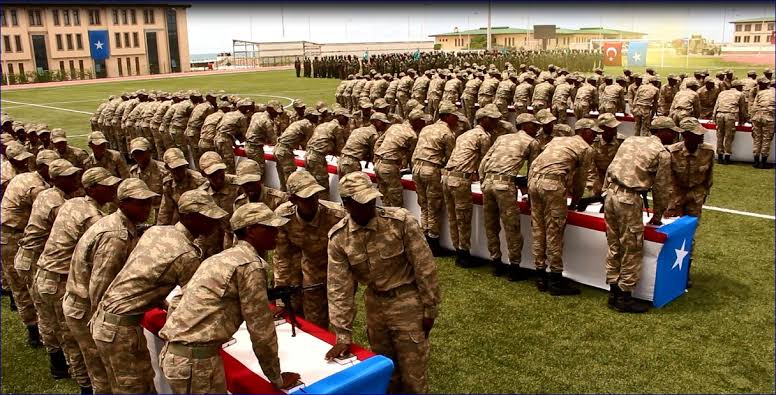
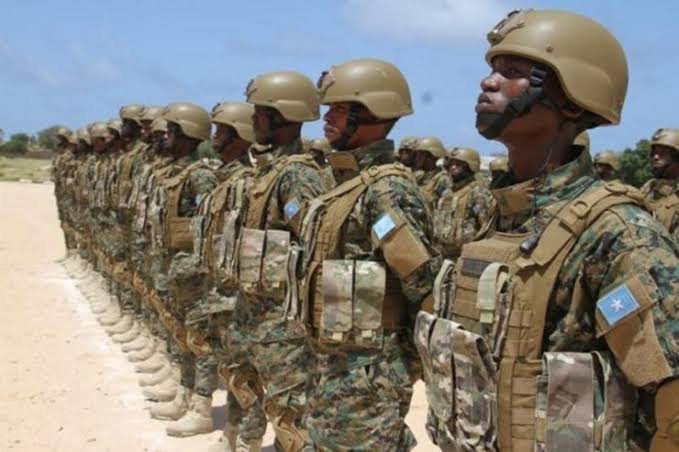

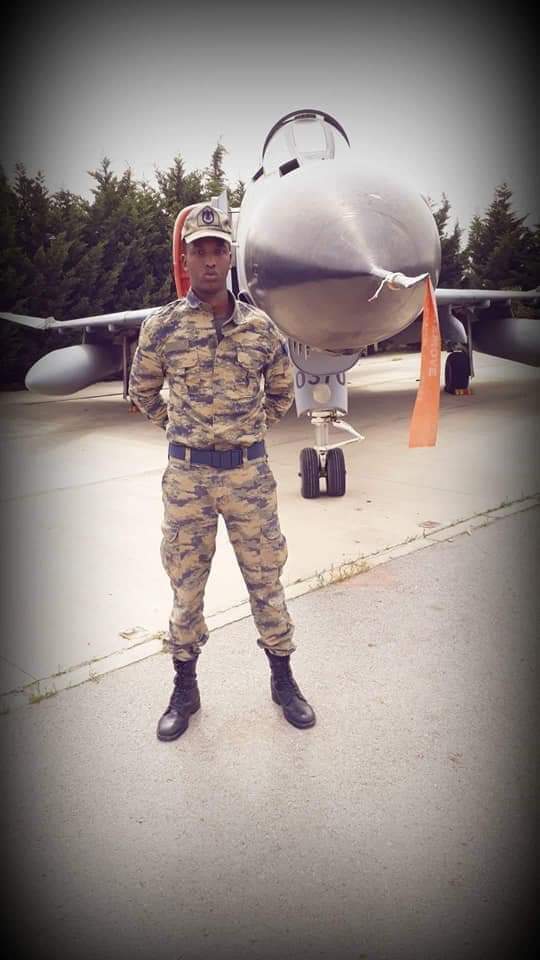

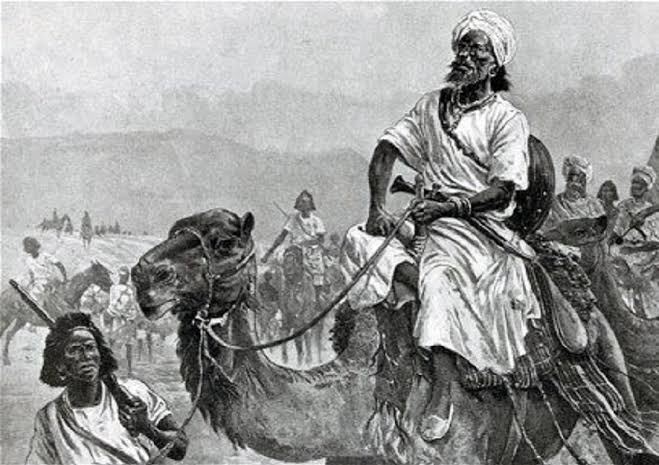

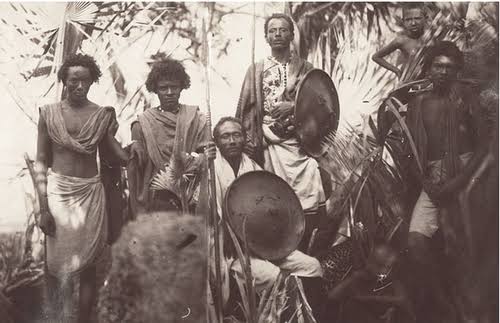

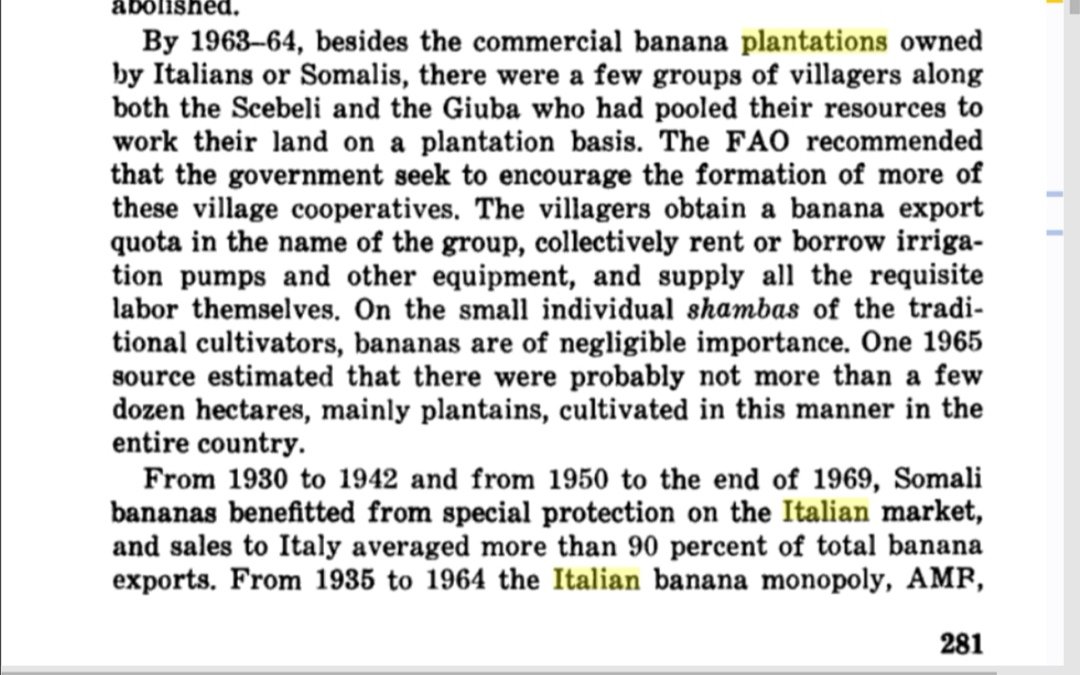
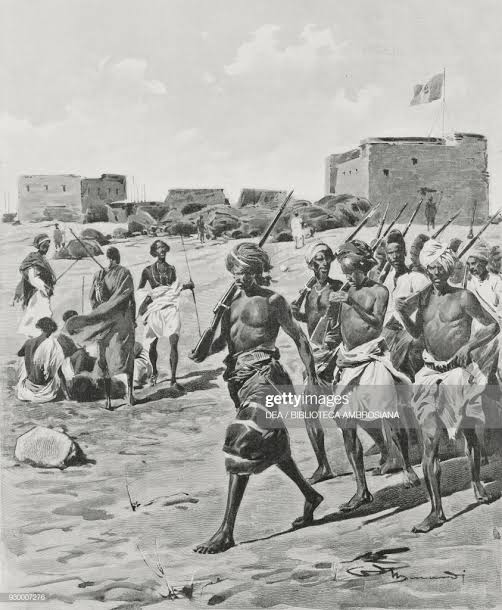
![The most famous Somali saying went: "Gaalka dil gartiisa sii" [Kill the infidel (whiteman), give him dues]. The most famous Somali saying went: "Gaalka dil gartiisa sii" [Kill the infidel (whiteman), give him dues].](https://pbs.twimg.com/media/EVhAR1CVAAIZtsb.jpg)
![The most famous Somali saying went: "Gaalka dil gartiisa sii" [Kill the infidel (whiteman), give him dues]. The most famous Somali saying went: "Gaalka dil gartiisa sii" [Kill the infidel (whiteman), give him dues].](https://pbs.twimg.com/media/EVhASELVAAAdJOc.jpg)
![The most famous Somali saying went: "Gaalka dil gartiisa sii" [Kill the infidel (whiteman), give him dues]. The most famous Somali saying went: "Gaalka dil gartiisa sii" [Kill the infidel (whiteman), give him dues].](https://pbs.twimg.com/media/EVhASUYUMAEbODA.jpg)

